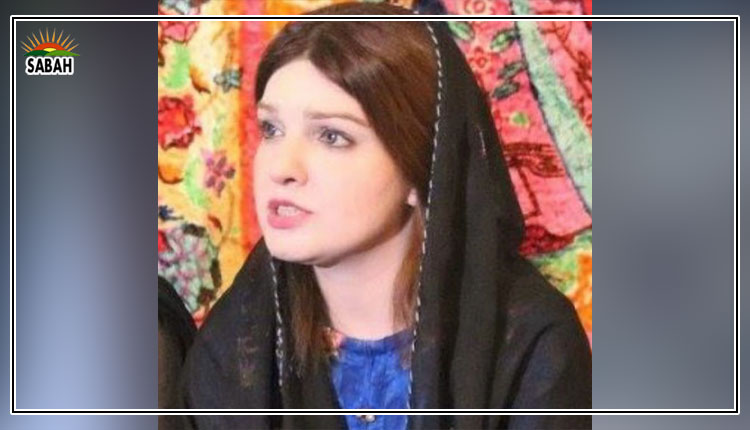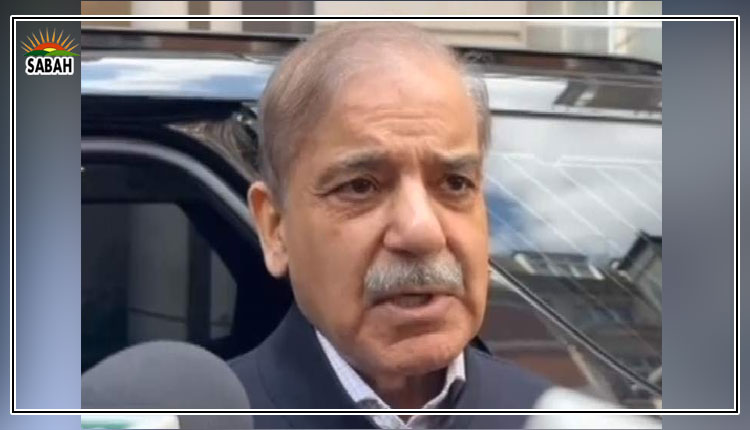A failed model….Khalid Bhatti
Millions in Pakistan are feeling the pain of a deepening economic crisis. The working and lower middle classes in Pakistan and around the world have spent most of the year 2022 in a crisis-like situation.
The economic outlook for 2023 is also bleak, and, unfortunately, there might be little to celebrate on the economic front in the current year. A majority of Pakistanis are drowned in the sea of poverty, unemployment and soaring inflation. The rising prices of energy and food and falling (or stagnant) income levels are creating more misery for the already struggling people.
It has become increasingly difficult for poor workers to feed their families despite working 10- to 12-hour-long shifts every day. They are forced to make a choice between buying a meal and purchasing medicine.
The pace of soaring inflation has outpaced the meager increases in wages. But we are not alone in facing the pain of an economic crisis. According to the recent World Bank report, nearly 100 developing countries are facing economic crunch and hardship.
These countries are facing the challenges of rising debts and soaring energy and food prices. Their governments are also struggling to cope with the cost-of-living crisis, and finding it quite difficult to provide subsidies on energy and food to the working class. The economic crisis in many countries has intensified, or rather deepened, the already existing political crisis and instability. Pakistan is also experiencing a rise in political instability.
There is no good news yet. The economic conditions are likely to further deteriorate in 2023 as the fears of recession are growing. The IMF and the World Bank have predicted a slowdown in the global economy in 2023. The US and major European economies are heading towards recession. Many renowned economists are predicting a much deeper economic crisis in the world economy than the 2008 financial crisis. This means that the effects of this economic crisis could be much worse than what the world experienced in 2008.
The current economic crisis is the second one in the last three years. The Covid-19 pandemic was responsible for the first financial crisis in 2020. But the truth is the global economic slowdown was taking place before Covid-19 hit the world. The post-Covid economic recovery was weak, and many leading economists predicted that a global recession was inevitable. This was before the Russian invasion of Ukraine in February 2022. The same is true for the current crisis. The ongoing Russia-Ukraine has been solely blamed for the economic slowdown.
Both crises are a result of the failure of the neoliberal economic model and its flawed policies. The neoliberal model is also responsible for causing the Great Recession of 2008. But instead of blaming the model and free-market economic policies for the crisis, the blame was shifted onto a handful of bankers. While it is true that some greedy bankers did play their roles in the crisis, they were not the only ones responsible for it.
Now once again, attempts are being made to blame the Covid-19 pandemic and the Russia-Ukraine war for the current economic crisis. The Covid-19 pandemic and the war in Ukraine have triggered the crisis. Its cause is the neoliberal model and the inherent contradictions of the capitalist system.
It has become quite clear that capitalism is in crisis. The neoliberal economic model based on the free market is contemporary capitalism. Neoliberalism is a relatively new phase of capitalism which began around 1980.
The neoliberal economic model was first experimented in Chile under the military dictatorship of General Pinochet in the early 1970s. It was later implemented in Sri Lanka, the UK and US in the late 1970s and the early 1980s. It became dominant capitalist philosophy and ideology in the late 1980s and the early 1990s.
The capitalist ruling classes have imposed neoliberalism as the new social order around the world to gain maximum power and wealth. Neoliberalism gained strength during the tenure of Margaret Thatcher in the UK, and Ronald Reagan in the US.
The working class in these countries resisted against the implementation of the neoliberal free market economic policies. They organized strikes and public rallies against privatization, deregulations, attacks on wages, workers rights and working conditions, and cuts on social spending. After the fierce struggles of the 1980s and the 1990s, the working class was eventually defeated by the capitalist class. The rich won this economic, political and cultural battle against socialism and working class, and imposed the new social order.
Capitalism as a social and economic system is failing the poor and the working class around the world. The neoliberal model of capitalism is based on profits, free movement of capital, free trade and deregulated markets. It works well for the capitalist elite, but deprives the poor and the working class of essential services, needs and utilities.
The neoliberal counterrevolution, in theory and policy, has reversed or undermined nearly every aspect of regulated capitalism (the postwar social democratic model) from progressive taxation, social spending, nationalization, state intervention in the economy and antitrust, to the empowerment of workers and the regulation of banks and other major industries.
Neoliberal ideologues and experts claim that free markets can regulate themselves, and that governments are inherently incompetent, captive to special interests. They see any state regulation as an intrusion on the efficiency of the market.
Now, after nearly 42 years of neoliberalism, one can easily draw the balance sheet of its failures and successes. Nearly all of these policies have failed. The enterprise has been richly rewarded, taxes have been cut, and government regulation reduced or privatized. Wages and salaries are stagnant, and job opportunities have been reduced. The economy has become even more unequal. Economic growth is slow and more chaotic than during the era of regulated capitalism. Deregulation has not produced competition, but market concentration.
Courtesy The News












